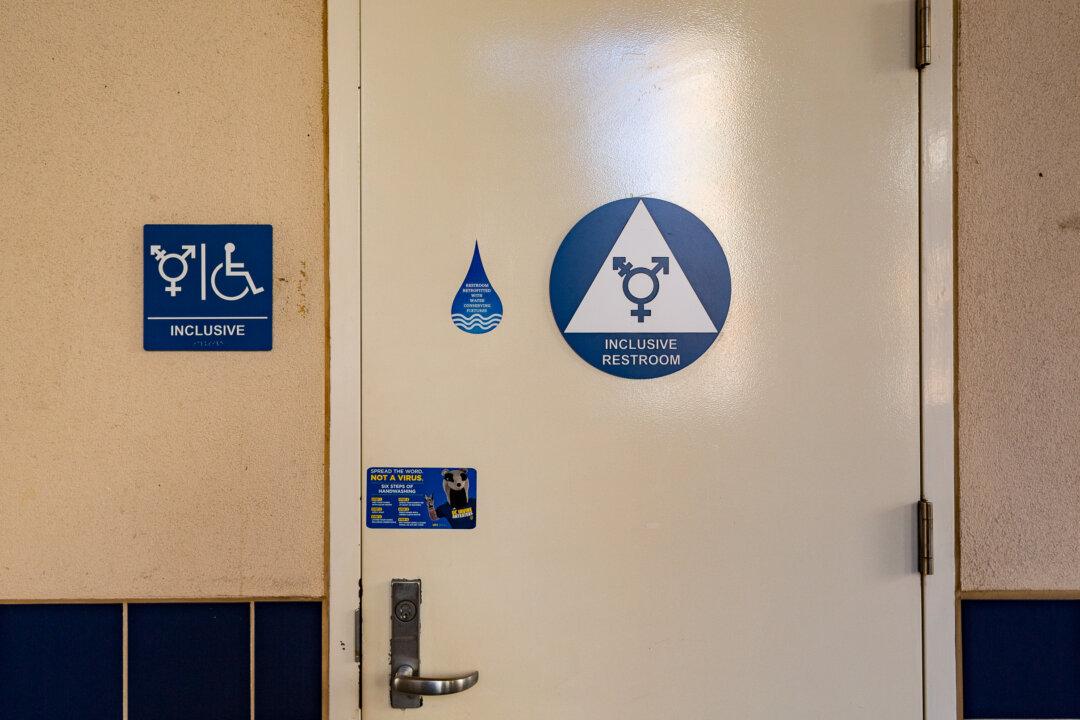Montana has issued a temporary emergency rule that bans changing the sex marker on birth certificates even if a transgender person has undergone a surgical procedure to align their body to their gender identity.
Owing to a pending legal action against the state, officials from the state’s Department of Public Health and Human Services (DPHHS) have said the department is unable to process applications to amend birth certificates while the case is pending.





